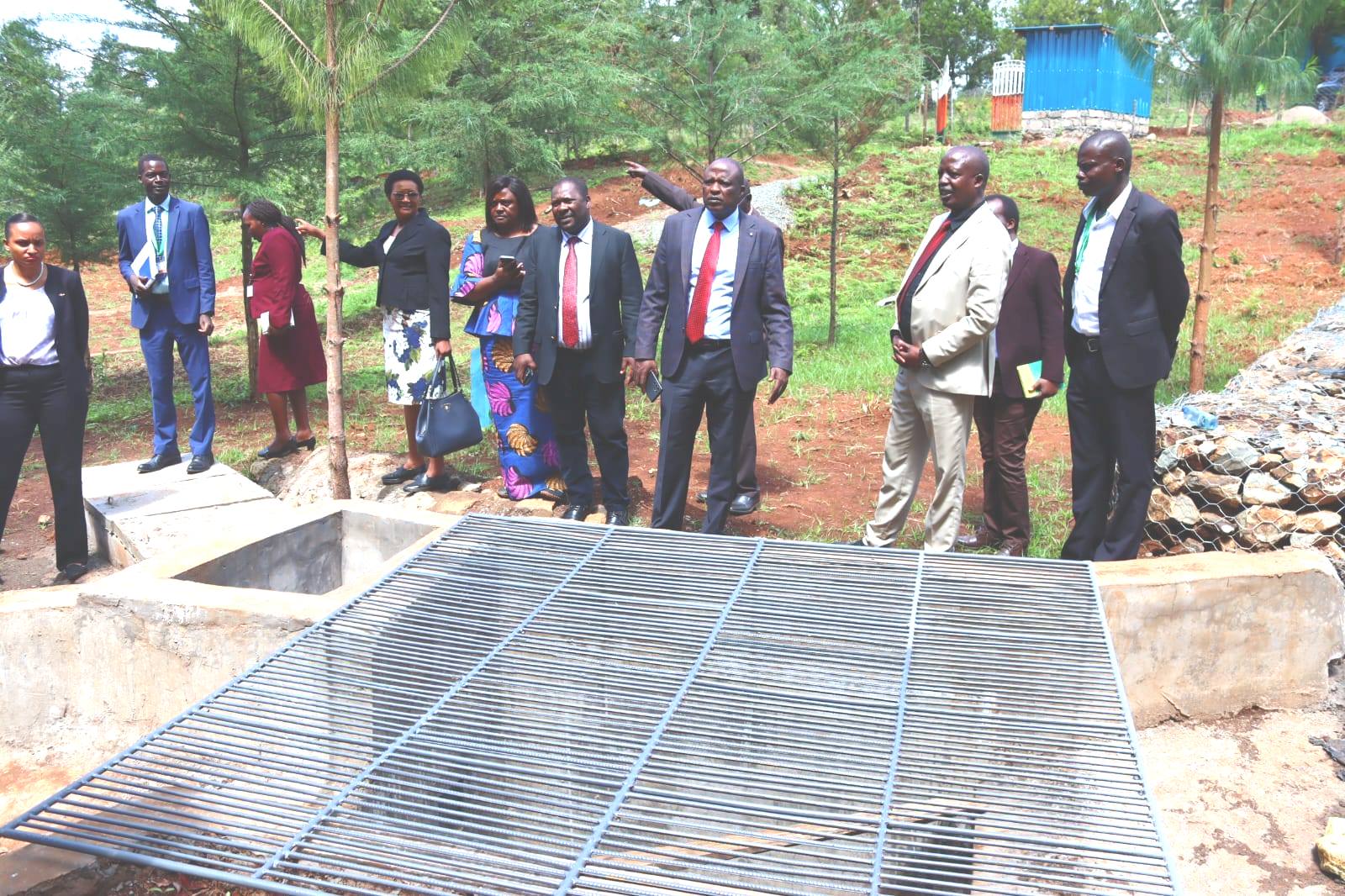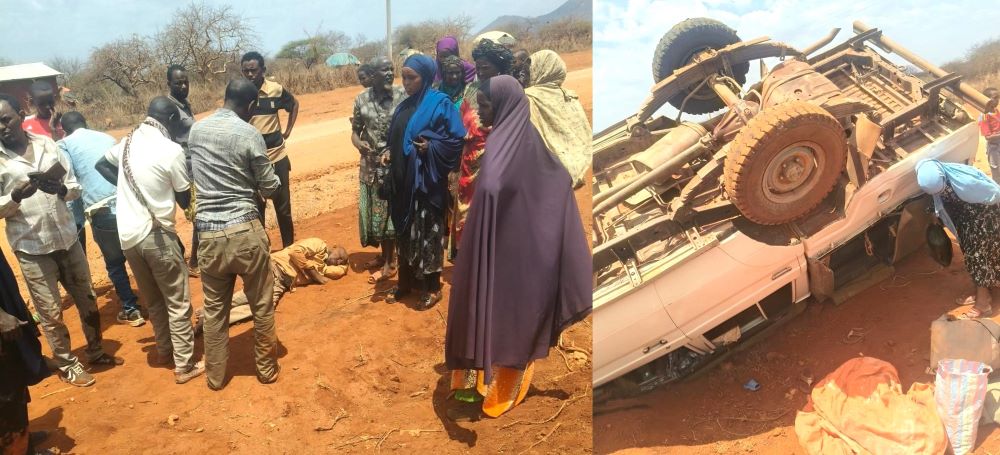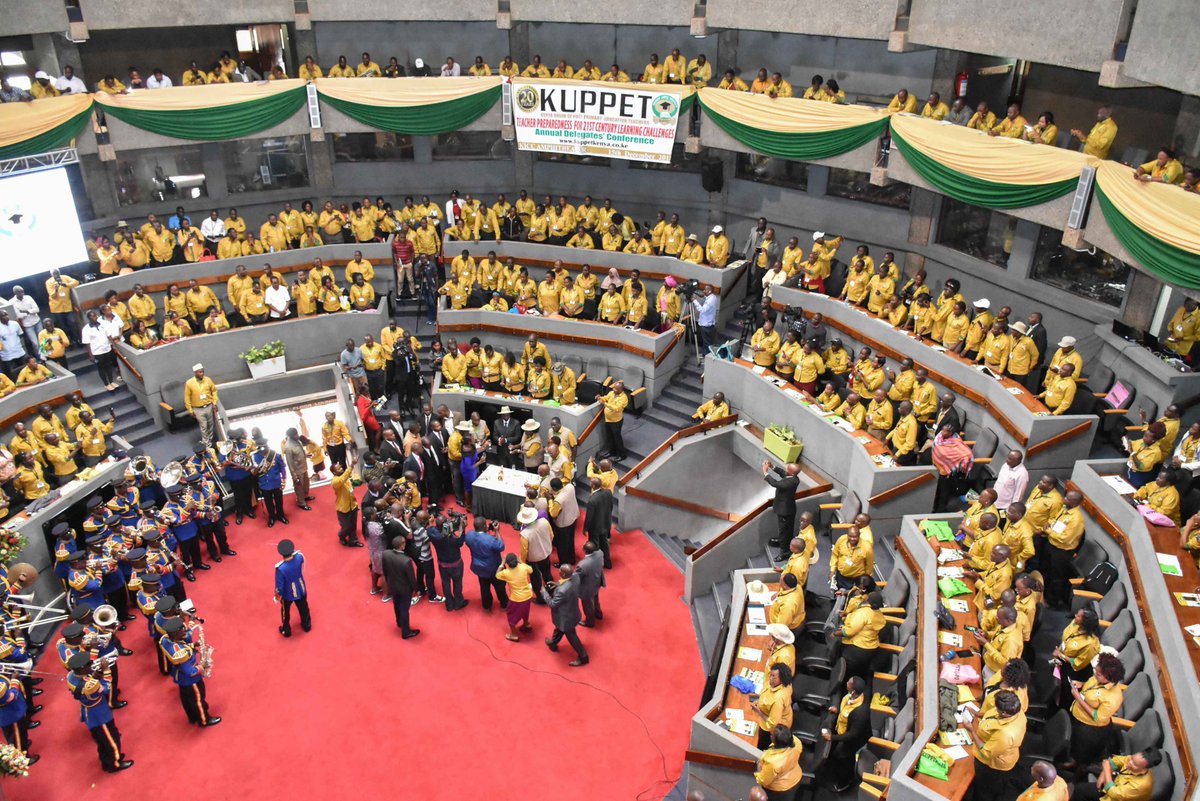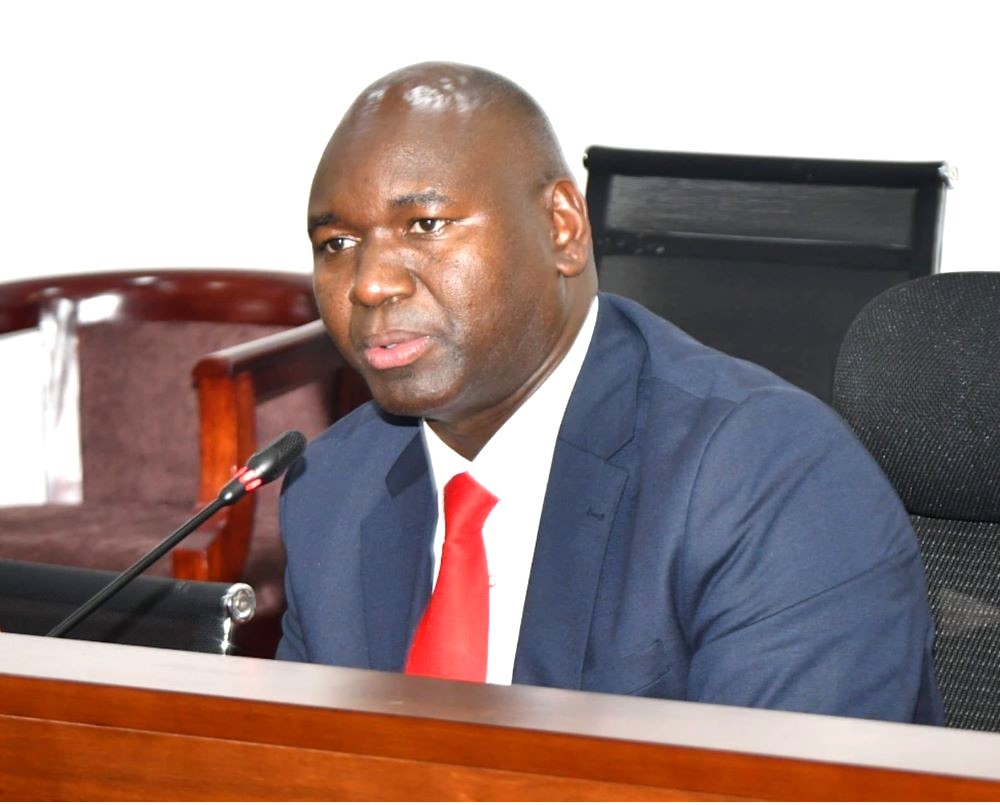Banding in the new funding model of universities and colleges by the government has been the major challenge, placing students at a disadvantage. Hence, many needy cases are missing out.
The National Assembly Committee on Education and Research, led by Julius Melly Tinderet, Member of Parliament, while on the last leg of their inspection and oversight on national polytechnics at Kiambu National Polytechnic (KINAP), said that they will work on the main testing instruments of the new funding model so that students are not banded wrongly.
“Those who are needy should be placed in their position of need. Those who are well off are placed in their position of need so that the whole process is fair and will assist,” Melly said.
The committee has visited polytechnics in the country to oversee the dual training policy, the modular policy of how the institutions have carried out their TVET programmes, and the inspection of capital projects where they are complete or stalled.
Melly said that the Polytechnics believe the banding process is best if we manage it and funds are fully released to the institutions. It is better than capitation, which was flat funding.
“The Polytechnics are reporting that the new funding model is very good and want it to continue,” he said.
He said the dual training programme has been well received in the polytechnics, as students can train 50 percent of the time in the institutions and 50 percent in the industry.
“The students benefit from the dual training programme since they are hands-on as they get to be in the industry as they go on learning,” he said.
The committee noted that there should be a legal framework to properly conduct the dual training and a policy framework to guide industry owners and institutions to work amicably.
However, upon inspection of KINAP, he said the institution has state-of-the-art equipment from the KFW German-funded program, but most of it is not in use as the workshops are still under construction.
” The ministry of education and the state department of TVETs should fast-track the construction of the workshops so that the equipment is used by students,” he said.
The committee noted that KINAP has a long-running issue of land ownership.
” As a committee we are concerned that the board of trustees are still holding on to a huge trunk of land which is supposed to be held by the institute. We are going to have a meeting with the committee of education jointly with the committee of lands to resolve the issue,” the committee noted.
The chairperson said that the committee on education is glad that historically, the board of trustees has increased ownership of the institution.
“The whole issue of land ownership was a public land that was started by the late mzee Jomo Kenyatta and the board of trustees was to hold it in trust for the public but not for themselves. We will resolve issues once and for all,” he said.
By Felix Wanderi
You can also follow our social media pages on Twitter: Education News KE and Facebook: Education News Newspaper for timely updates.
>>> Click here to stay up-to-date with trending regional stories
>>> Click here to read more informed opinions on the country’s education landscape






